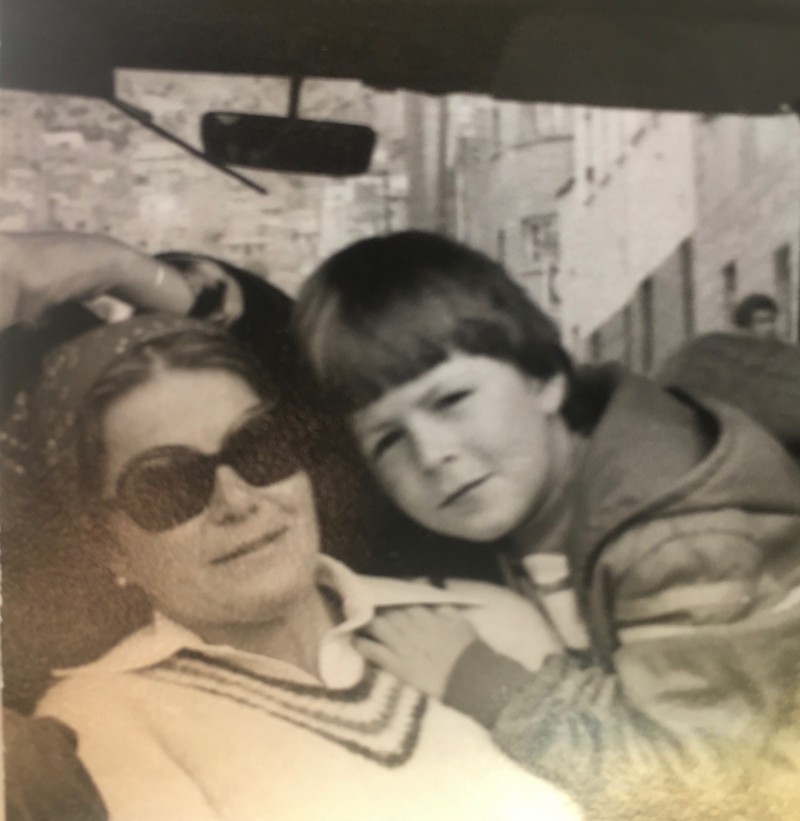By Mateo Nube, Movement Generation
This article was originally published on MG’s medium.com blog. See the original article here.
As a kid, I lived through multiple military coups. All told, over a decade of my childhood in Bolivia was spent under dictatorship / military rule. It was often frightening, as a child, to be surrounded by a relatively constant hum of gun-toting soldiers, surveillance, armored tanks, and state violence.

To this day, I feel incredibly indebted to the many adults around me at the time: they were amazing at managing what was a very precarious and volatile political context. Their long-term courage not only forced the hand of multiple brutal regimes and defeated them — but it also successfully pushed back multiple coup attempts that failed, thanks to the collective tenacity of pro-democracy forces.
That visceral memory: of calm and loving adults brilliantly resisting while staying true to their caring, hopeful, heart-based ways, inspires me as we enter this phase of political turbulence in the U.S., with Trump threatening to seize power even if he loses the election.
In the coming weeks of uncertainty, we know there are organized efforts coming from the Far-Right to sow chaos. Here are some useful pointers that come from my experience as a child, to help us remain grounded as we recalibrate.
Keep Calm: This is arguably one of the most important factors we may need to return to, repeatedly, in the coming weeks. Spreading fear, confusion, and despair are what the organized Right most craves. It meets their strategic needs. When panic and desperation take over, it can become much easier for fascists/authoritarians to make a hard-line ‘solution’ palatable. When we inhabit scared somatic shapes, we tend towards the reactive and reactionary. In that sense, caring for each other, loving one another, soothing each other: all will be paramount in the coming weeks. Calm doesn’t mean passive; along with organizing and resisting astutely, actively living into the #WeGotWe will be more important now than ever.
Stay Prepared: Manufacturing scarcity has been a common tactic, historically, as coups unfolded in a Latin American context. It is quite possible that the organized Far-Right will generate cuts in the flow of supply chains — those that provide basic goods to many/most households in the U.S. The purpose: to create panic and desperation in the general population. If we are freaking out about not having enough food in the house to feed the family for the next few days, for example, we are more likely to panic / and think in individual terms instead of collectively. In that sense, the beginning of Covid-19 was a useful test run (remember when you couldn’t find TP?) We may see more of that in the coming month or two. When possible: 1) Have extra staples at home (rice, beans, oil, powdered milk, toilet paper, etc.) to see you through a few weeks and 2) Be networked with loved ones who live near you, with whom you can share and with whom you can collectivize meeting basic needs, should that situation arise. Support grassroots mutual aid projects that are distributing supplies and taking care of our poor, unhoused, and disabled communities.
Anticipate Needs: Another typical strategy meant to generate fear and anxiety is the ‘cutting’ of basic utilities: electricity and water being the obvious ones. Prepare your family and loved ones for that possibility. Have extra gallons of water stocked. Make sure you have fresh batteries for flashlights and/or stock up on candles. Most importantly though: Let your loved ones know that power outages happen regularly in many (most) parts of the world…and folks get through it by staying calm, looking out for each other, especially elderly and disabled community members, and not giving in to panic. Where we can, we should anticipate core needs some folks have, that depend on running electricity or water (think dialysis, perishable/refrigerated medicines, electric wheelchairs) and make community-oriented contingency plans ahead of time, to meet/support those loved ones’ necessities. With well-thought-out plans and a relaxed mindset, we can do our part to ensure that our community is taken care of. This might include a plan to relocate folks to a designated place where emergency power is provided (a neighbor who has a power generator or a local evacuation center). If you are a non-elderly or non-disabled community member, make sure you know about emergency power resources to make sure we’re not leaving anyone behind.
Gear Up Emotionally: It is quite possible that cruel, organized, violent acts of provocation against our communities will play out in the coming weeks. Preparing ourselves — mentally, psychically, emotionally — for this likelihood is unpleasant, but necessary. Similarly, Far-Right forces may stage acts of violence — which they will falsely attribute to leftists — as a means towards bringing the full force of state repression down upon pro-democracy forces. Hence the need to weave together our networks of shared care as tightly as possible, in advance.
We may be in for a hard and bumpy ride, in the weeks ahead. In that sense, I recommend engaging in habitual capacity checks with yourself. Practice routine self-care, as best as you can. And then, once you’ve regained composure, reach out to a neighbor or friend to see if they are okay. Asking, “How are you doing? Are you all stocked up on groceries? Your meds? Batteries?’” or offering, “ I have extra N95s and collards in my garden!” will go a long way towards threading that sense of community and solidarity that will see us through.
In comic books, it’s the superheroes who defeat fascism. In the real world, common folk do. Bound together. By purpose, care, and a deep love for a better society.
“Our biggest enemy is fear, and we carry it inside…”– Domitila Barrios de Chungara, Bolivian labor leader and feminist. The hunger strike she and other women helped organize in 1978, at the steps of the presidential palace, is credited with bringing down the brutal 7-year regime of General Hugo Banzer Suárez.

